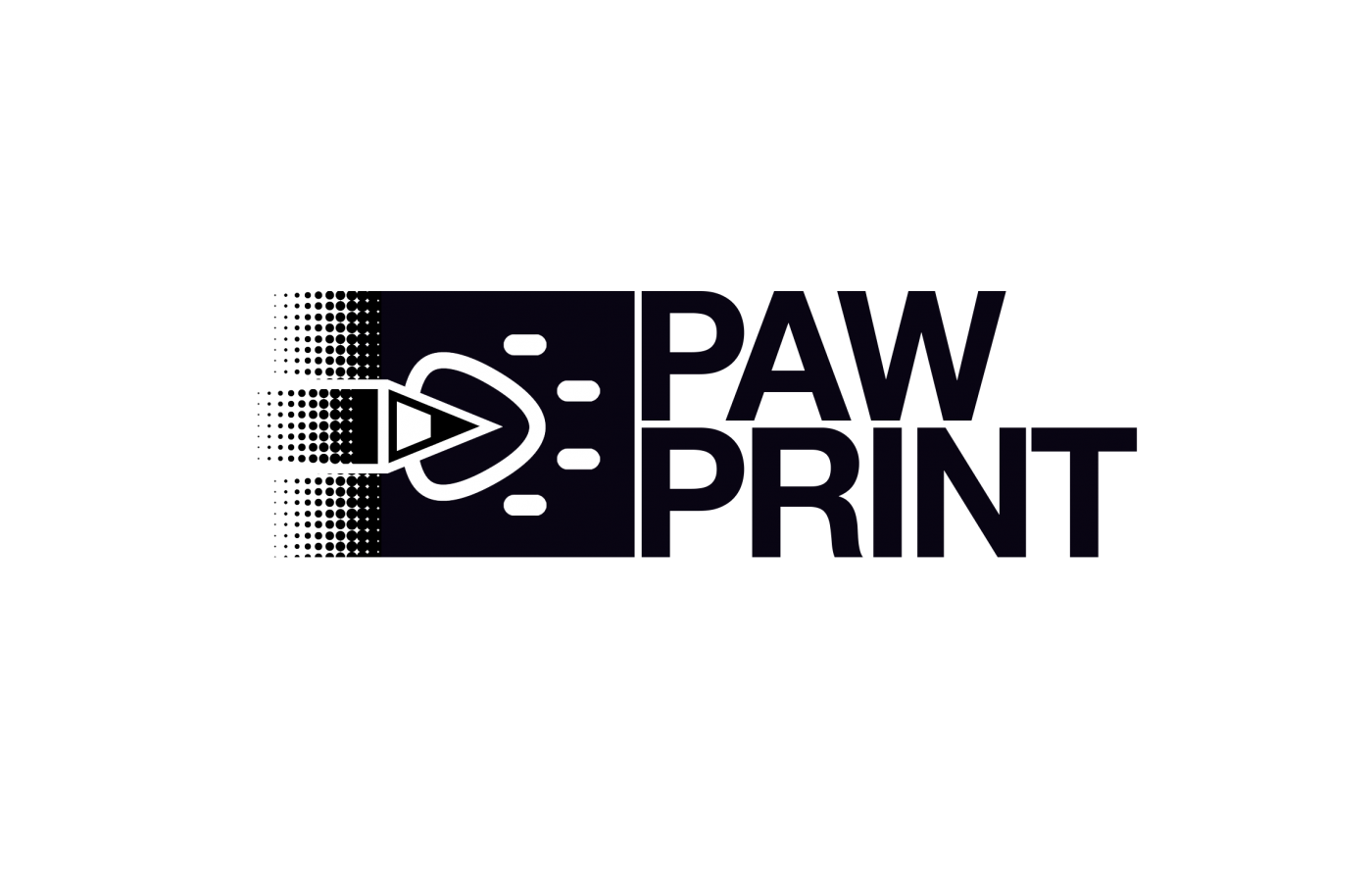Five Study Tips, Tricks, and Techniques
Hello students! So many of you may be wondering why I am writing an article about studying so early in the year. I do agree that we are still far from the stressful last few months of AP exams, finals, and Regents, but these months come faster than you think. Soon enough it will be the last week of April and many students will still be confused on how to study the right way, or they may not have studied at all. I know what it feels like to be overwhelmed by work and deadlines and test dates, so I’m going to list five study tips, tricks and techniques (they’re interchangeable) that I wish someone told me when I was trying to study for my exams.
- Pomodoro Technique/Frequent breaks
A common misconception about studying for most people is that it involves shutting yourself off alone in a room/library for several hours to read textbook pages or solve equations with no breaks. Studying for hours with no breaks can actually be detrimental. I find that a lack of breaks can cause me to stop caring about the subject at hand, and after a certain point I completely stop retaining the information. This is why breaks are important; it allows the student to relax and the brain to rest.
The Pomodoro Technique splits your time up into “pomodoros”: 25 minutes of intensive studying with no distractions/ multitasking, and 5 minutes of breaks. After four pomodoros, the student gives himself/herself a 15-minute break. I love this technique because it allows me to study intensively, but the reminder that I will be rewarded with a break allows me to continue until the end of it. There are several apps that are made around the Pomodoro timer, and even if you do not have the app you can just get a regular timer to time your work.
So to summarize: 25 minutes of intensive studying/work with no distractions or multitasking, and then five minutes of break, rinse, and repeat.
- Flash cards
I know they take a while to make and that it is annoying to make them, but trust me on this one. In tenth grade I took AP World History. Any upperclassmen that already took AP World, or sophomores taking it now, can tell you that there are thousands of terms, people, places, and dates to memorize. It would have been impossible for me to study for the class had I not made my own flash cards.
Now, I am aware that many students are busy and do not have time to make their own flash cards, so I happily recommend two apps/websites that saved my AP World and AP U.S. History grade: Quizlet and Anki. Personally, I prefer Quizlet due to its accessibility, but Anki has support for images, videos, and audio, so I have used it mostly for AP World. Many students probably know what Quizlet is, and I love it for its simplicity and how easy it is to find flash card decks with all the terms and definitions you need.
So to summarize: Make your own flash cards. If not, use Quizlet and/or Anki to find flash cards to study off of.
- Notes, notes, notes (and don’t highlight everything)
Write notes on everything. Okay, that may be an exaggeration, but when I say write notes, I mean write the notes. I find that typing notes does not help me at all, because anyone can just mindlessly type on a keyboard (looking at you, social media). So unless your handwriting is illegible, write the notes. I find that rereading the notes that I have down in writing helps me retain the information with the knowledge that my own hand wrote the words on the page. Also, I find that I can read my handwritten notes faster than the words typed on a computer screen. (Science has proven that reading from papers is 20%-30% faster than reading from a screen.)
Now, another thing with notes is that you have to decipher the useful information from the less useful information. Many authors who write textbooks are paid by the number of pages they write, so to make more money, they fill the book up with fluffed information. To distinguish useful information from fluff, I usually read the first sentence of each paragraph and see if the rest of the paragraph relates to it. If it does and it sticks with the topic, I will write it down. If it doesn’t, or if goes into too much detail, I skip it over. You will not have time to reread a five-hundred page textbook, but you will have time to read your ten pages of notes. So make sure your notes are only filled with the information you need; you don’t have time for fluff.
Lastly, please do not highlight everything. Highlight key words/phrases, but if you highlight the entire paragraph or page, it loses its importance.
So to summarize: write your notes, don’t type them. Only take notes on the useful information. Highlight but don’t go crazy with highlighting.
- No multitasking, no distractions
I have tried multitasking in the past – it does not work. Scientists have shown that the human brain truly cannot do two tasks simultaneously; it can only rapidly switch between several tasks. Have you ever tried reading while listening to music? You can probably find that your brain either focuses on one of two things: the lyrics of the music, or the words on the page. You simply cannot have both. You may hear the music but you are not listening to it, the same way you can see the words on the page but not understand it. Multitasking is simply a myth; it makes people seem more productive but truly you are spreading yourself thin. The several times I have attempted multitasking did not work; I just switched from one task to the other and it took me more time to complete than if I had just done them all one at a time. I apply the multitasking principle to driving, for example. You would not drive and multitask with say, texting, eating food, writing an essay, etc. This is mostly because it is dangerous, but you also have to prioritize which tasks get done first and done last.
When I study, I try to keep away from distracting websites (Reddit, YouTube), or when it gets really bad I turn off my computer and put my phone on the other side of the room. The distractions also go hand-in-hand with multitasking; it steals your attention away from whatever you were doing originally in substitute for something less important, or not important at all. Once I tried studying with a movie on in the background (500 Days of Summer) and I ended up watching the movie instead, unaware of how I got so distracted until the two hours went by.
So to summarize: multitasking and distracting websites/media steal your attention away from the task at hand. It creates more work and robs you of your time. Multitasking is not productive – it is counterproductive. Focus on one task at a time.
- Do not cut class
I can understand that you may not like a certain subject/class/teacher, but missing even a day of class can put you way behind the rest of the class. It is understandable to miss the class for something more important happening in your life—sickness, injury, family emergency, field trip, etc.—but intentionally missing the class is a terrible and, unfortunately, common practice.
Cutting class robs yourself of the information you would have gained would you have been in class instead. Now that you are a day behind, you have to struggle to keep up with the rest of the class. If you cut a class for several days/weeks, now you really have to struggle and push yourself to keep up.
I admit to missing class sometimes for SGIs or to make up work for another class, but the act of making up all the work you missed is really annoying and I would rather not deal with it. Also, if you miss an exam, you’ll be stuck studying and reviewing for your makeup test while the rest of the class begins their next topic.
Lastly, it is better to make the habit now of not cutting class, as many students will be attending college after high school. If you cut class in college, your professor will not pester you to keep up or give you makeup work – it’s all up to you. Not only that, but you pay a substantial amount of money for college, so missing out on classes is like paying for a movie that you’re not going to watch.
So to summarize: Just show up to class. It’s easier than making up days/weeks of work that you chose to miss.



